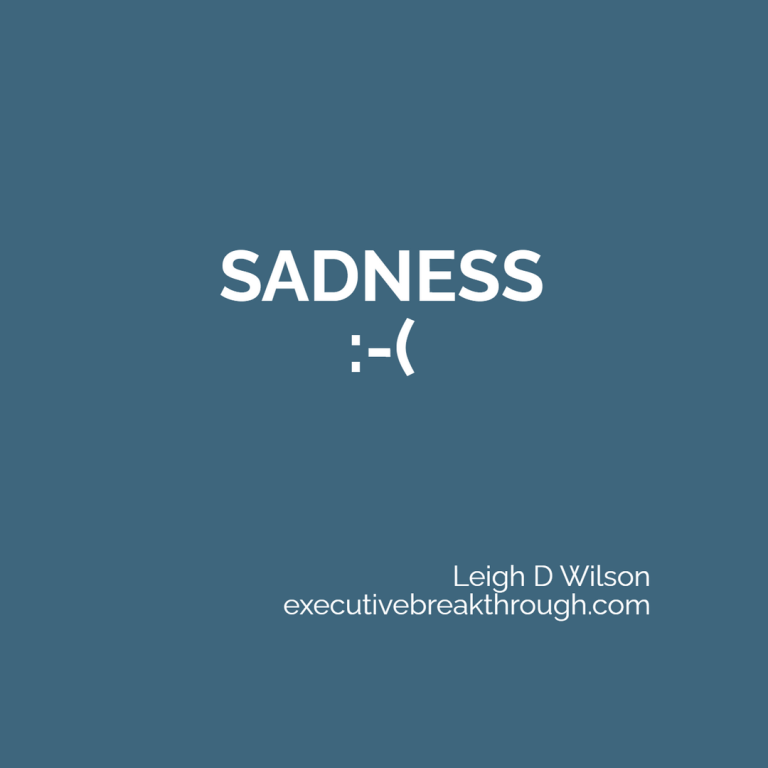This is the second in a series of articles on the six basic emotions that we all experience from time to time.
Sadness, often seen as an emotion to avoid, plays a vital and complex role in our emotional landscape. Characterized by feelings of loss, disappointment, or hopelessness, it may appear overwhelming at first glance, but it can lead to profound growth and understanding. It’s more than a temporary state of mind; it’s an opportunity for self-reflection and development.
Unlike mere discontentment, sadness often emerges from substantial experiences—loss of a loved one, failure to achieve a goal, or a broken relationship. These situations trigger deep emotional responses that can be painful but necessary. This emotion, although uncomfortable, serves as a mirror reflecting our deepest desires and fears. Recognizing the source of our sadness allows us to address underlying issues and work towards healing.
The experience of sadness can foster empathy, compassion, and self-awareness. By acknowledging and understanding our sadness, we connect with our vulnerabilities, which can lead to personal growth and more profound connections with others. Embracing these feelings can help us become more compassionate towards ourselves and others, strengthening interpersonal relationships and fostering a sense of community.
Additionally, sadness can be a catalyst for creativity and transformation. It encourages introspection, prompting individuals to explore their feelings and find constructive ways to express them. Many artists, writers, and musicians have attributed their most profound works to periods of sadness. This deep emotion often sparks creative inspiration, leading to unique artistic expressions that resonate with others.
Furthermore, sadness can teach us resilience and emotional intelligence. Rather than a negative emotion to be avoided, sadness can be a guide, helping to navigate complex feelings and leading to emotional resilience. When we face our sadness head-on, we develop coping strategies that enable us to handle future challenges more effectively. We learn to accept the ebb and flow of life, appreciating the good times while also learning valuable lessons from the difficult ones.
By embracing sadness, we can enrich our emotional intelligence and develop a deeper understanding of ourselves and others. Rather than viewing it as an enemy to be defeated, we can see sadness as a companion on our journey to self-discovery. It’s an essential part of our emotional makeup, a poignant reminder of our humanity, and a tool for personal growth and transformation. By accepting and learning from our sadness, we open ourselves to a richer, more empathetic, and more fulfilling life.
I am a mindset expert, so if you are troubled by this, let’s have a friendly chat about how I can help you.
#selfdoubt #worry #stress #anxiety #selfconfidence #overwhelm #procrastination #burnout










